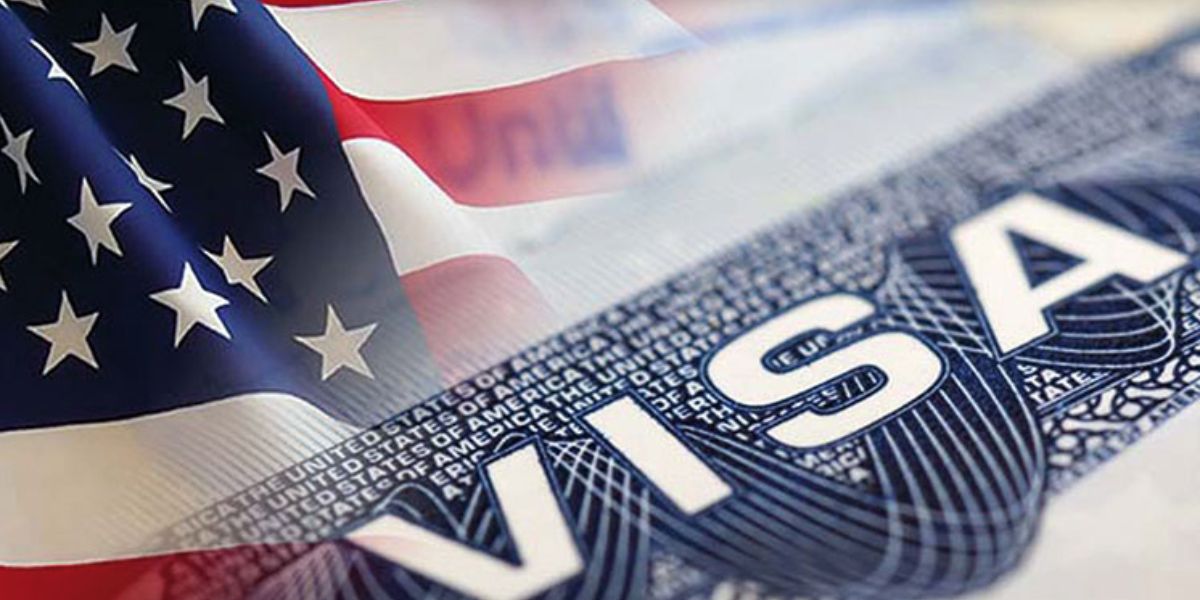The U.S. government is tightening its immigration policies once again. In a new pilot program unveiled Monday by the State Department, certain foreign travelers may soon be required to pay a refundable bond of up to $15,000 before being granted entry into the country. The measure, which will go into effect two weeks after it’s officially published in the federal register, reflects the Trump administration’s increasingly hardline stance on immigration.
The new requirement will apply to visitors entering the United States on B-1 or B-2 visas—commonly used for tourism or short-term business trips. Though no official list has been released, the policy is expected to target nationals from countries with high rates of visa overstays or weak document verification systems. Consular officers will have significant discretion in deciding who must pay the bond and how much. In some cases, travelers will be asked to post the full $15,000, which will be returned only if they leave the U.S. within the legally allowed timeframe.
Set to run for a year, the program is the latest in a series of steps aimed at discouraging visa violations. It builds on other recent restrictions, including new rules for student visa applicants—those seeking F, M, or J visas must now disclose their social media accounts to help authorities assess whether their stated travel purposes are genuine.
U.S. officials say these measures are designed to tackle a persistent issue. In 2023 alone, roughly half a million people reportedly overstayed their visas. The initiative primarily affects travelers from countries not included in the Visa Waiver Program, a framework that allows citizens of about 40 mostly European nations to enter the U.S. for up to 90 days without a visa.
The broader message is clear: the U.S. is continuing to raise the bar for entry, with a particular impact on nations across Africa and other regions not covered by existing travel agreements. Just this week, the U.S. suspended visa issuance for citizens of Burundi, underscoring an increasingly restrictive approach to global mobility.
